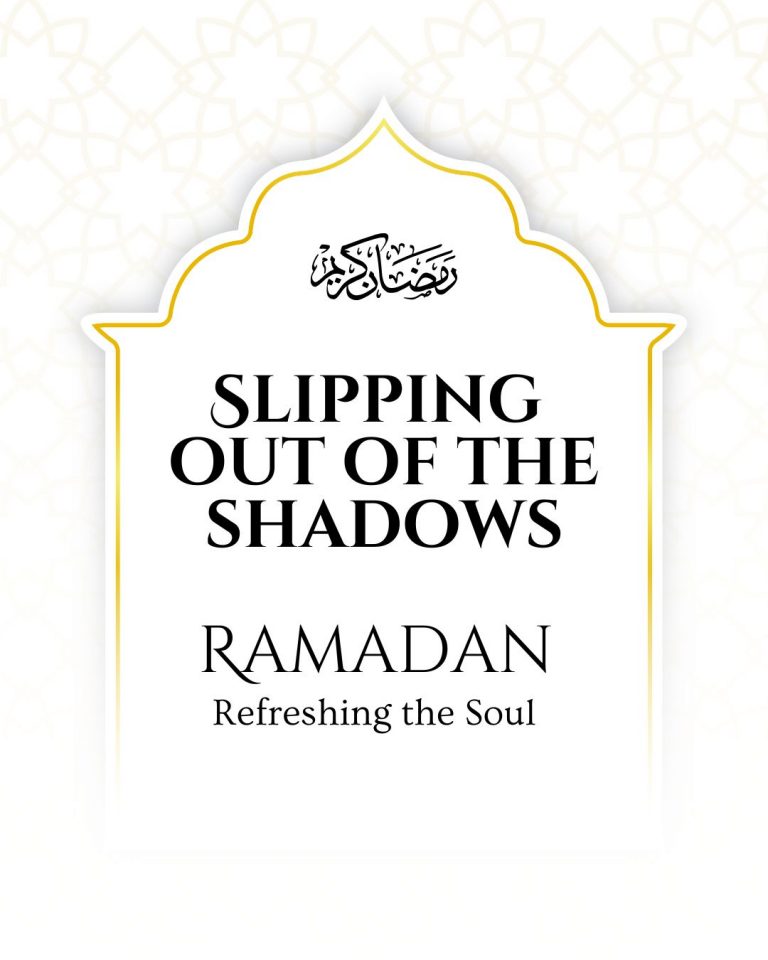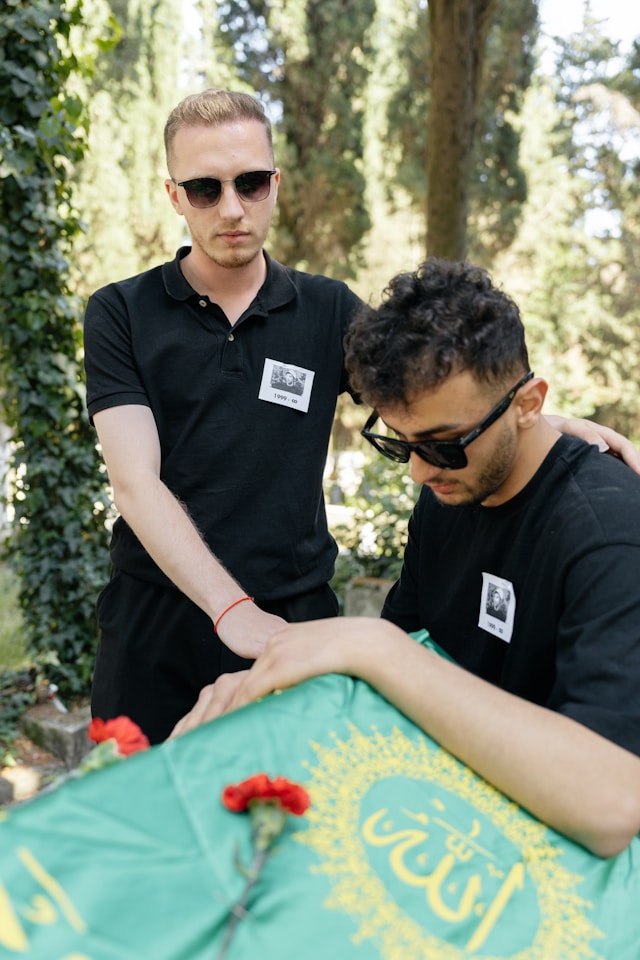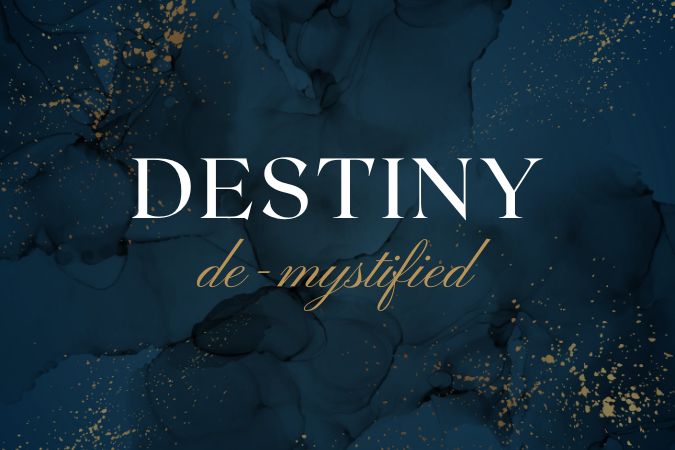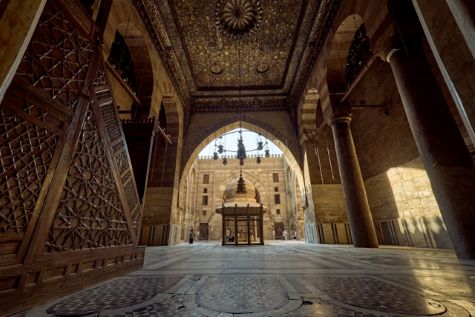Slipping out of the shadows
Refreshing the Soul in Ramadan Striving Any achievement requires hard work. It needs sacrifices and it needs commitment. But we live in a world of instant and constant self-gratification. So, we have to strive to reach our potential, we have to strive against the pulls in a world of social media, surplus food, constant stream…















